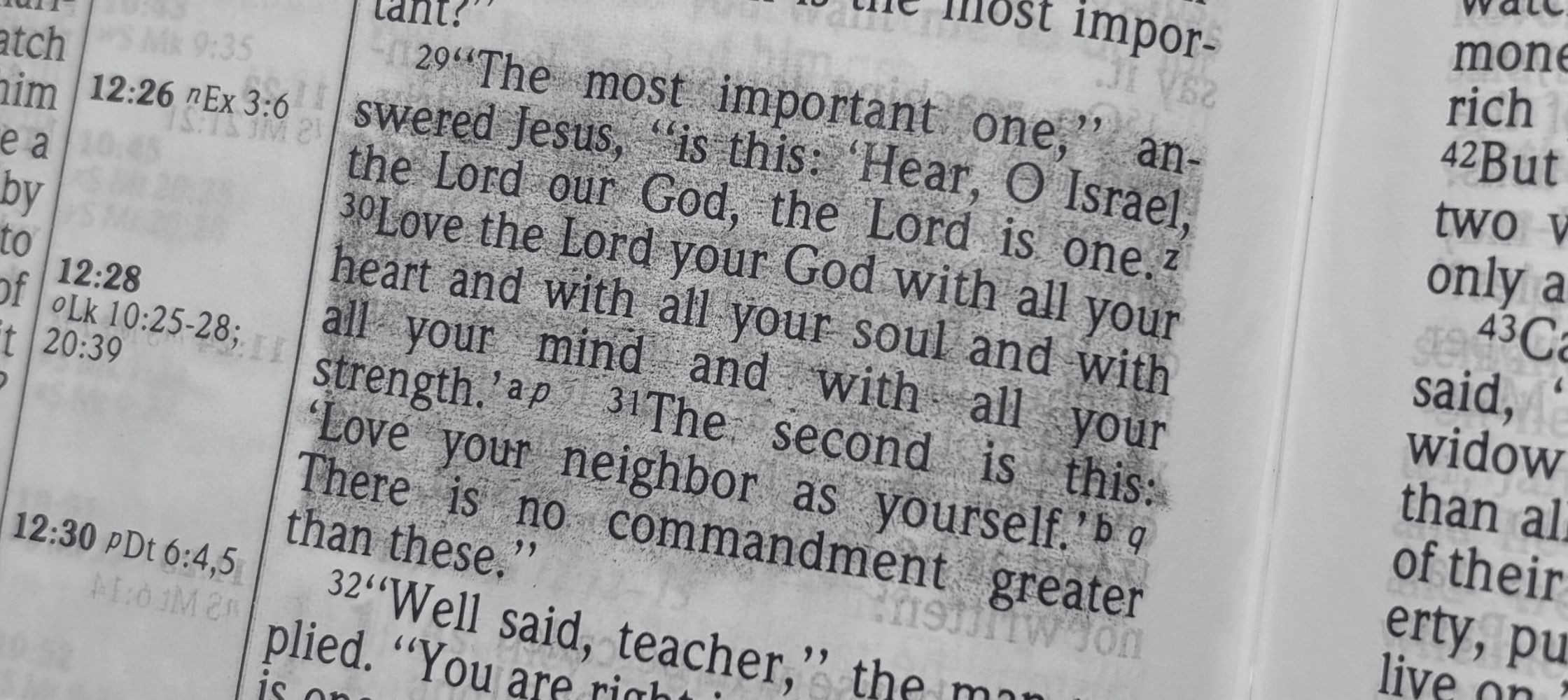Thank you! Your submission has been received!
Oops! Something went wrong while submitting the form.

By: Steve Van Horn
June 13, 2024
I have a tee shirt with this written on the front. "I cannot teach anybody anything. I can only make them think." That saying is attributed to my favorite Greek philosopher, Socrates, and those of us who have studied philosophy are familiar with what is referred to as the Socratic Method, defined as "…a dialogue between teacher and students, instigated by the continual probing questions of the teacher, in a concerted effort to explore the underlying beliefs that shape the students' views and opinions 1.” This is not only an effective way of teaching but also a good way, I believe the best way, of doing apologetics. This article comes from two books I’ve read by a leading American apologist, Greg Koukl. His two books, which lay out a strategy of using questions to answer questions, are "Tactics (Zondervan, 2019)" and "Street Smarts (Zondervan, 2023).”
Evangelism can be intimidating at times. We can be confronted with assertions like "Jesus was just a prophet" or "The Gospels are fiction." Or someone may insist that God approves of slavery or genocide, and immediately, we feel the need to argue that none of these are true. After all, didn't Peter write in 1 Peter 3:15 that we are always ready to make a defense or give an answer? And because we are unsure of the questions or challenges that may come our way, we may be hesitant to engage in an evangelistic conversation fearing that we may not be able to answer them. Learning to answer questions and challenges with questions will change everything.
To be able to use questions to answer questions, we first must know the answer to the question. After all, the purpose of the questions is to lead the skeptic or unbeliever to discover the answer on their own. Second, we need to know the weaknesses in their view. That comes from the study of various worldviews. Then, we must know how to tactfully expose the weaknesses by using questions.
A good principle to remember comes from John 4:35 and 36. Jesus mentions that there are those who sow and others who reap, but He goes on to say they all rejoice together. The point is that not every evangelistic conversation needs to lead to the prospect's salvation (i.e., a harvest). Harvesting is always preceded by gardening. Our focus here will be on how to garden well.
Gardening well requires listening well in order to respond well. James 1:19b reminds us to be “quick to hear…” Too often when we hear an objection to Christianity, we immediately want to go on the attack and launch into our defense. That is not effective gardening. Remember the example of Jesus. He did not always push for a decision. However, He gave people something to think about as they walked away. That "something," Koukl calls putting a rock in their shoe so, as they walk away, they feel uncomfortable about their belief system.
Answering questions with carefully planned questions has its advantages. First, it gets the conversation started. Second, they put us in control of the conversation because the other person is the one answering the questions, not us. They also help us gather valuable information about what the person believes and why and where they got it.
As we think about this strategy, there are three beginning questions. They may take various forms, but they seek to gather the same information. The first set of questions is for the purpose of gathering information. Some examples include, “What do you mean by that?” or, “What is your definition of <word>?” These questions get us started and put us in control.
The second set of questions seeks the reason for the person’s question or objection. Examples of this set might be, “What are your reasons for believing that?” “How did you come to that conclusion?” or “Why do you believe that is true?” These questions reverse the burden of proof.
The third set seeks to expose flaws in their reasoning and neutralize their challenge. They will help us determine what direction we want to take the discussion. To formulate this set of questions, we must be aware of the weaknesses and then ask good questions to expose them.
This third set is more challenging and requires more preparation and critical thinking on our part. This preparation should include mastering a biblical-Christian worldview that properly answers the basic questions about origin, identity, meaning, morality, and destiny. It should also include an understanding of God's story, the biblical metanarrative of creation, the fall, redemption, and new creation (restoration).
The reason for mastering these is that all questions or challenges will fall into one of these categories and will suggest to us what questions we need to ask in order to move the skeptic, doubter, or unbeliever towards the biblical-Christian worldview answer.
I summarize it this way: When a question is asked, or a challenge is made, I know the answer in my mind. Taking them there becomes the goal. But rather than simply stating the answer, I begin to ask thought-provoking questions (thank you, Socrates) so that as they answer them, I am gently nudging them in the direction of discovering the answer on their own.
Remember, the goal is not always to lead the person to faith in Christ but to at least gently nudge them in that direction, leaving the door open for further conversations.
